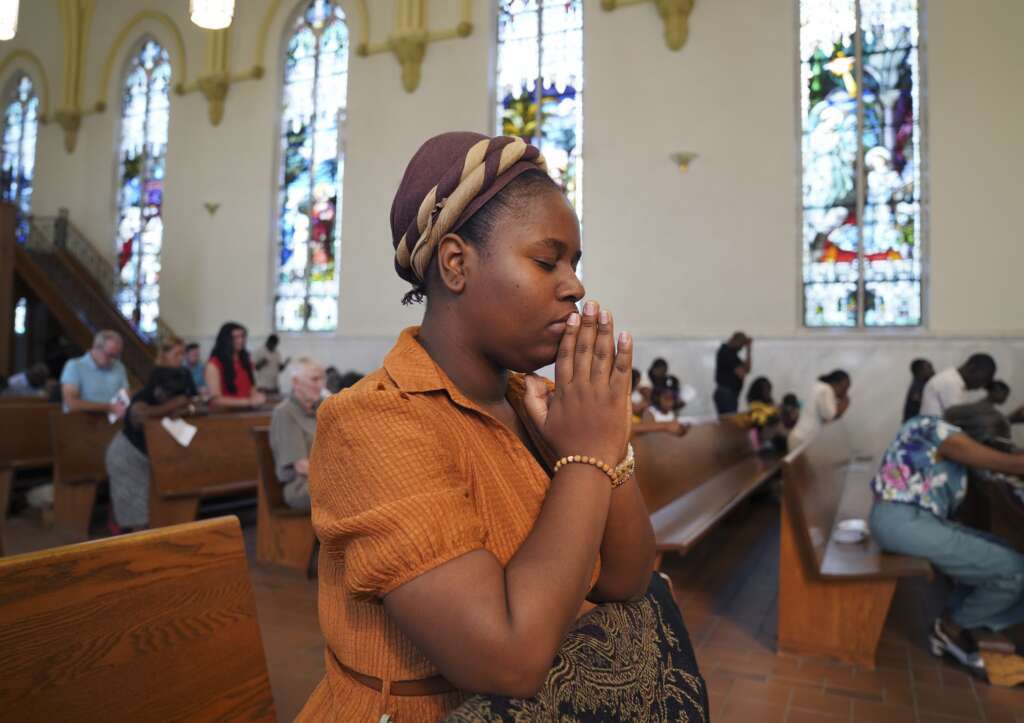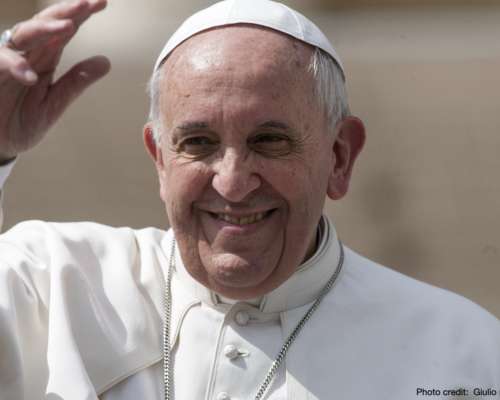Those of you who have read the New Testament even casually have likely heard the parable Jesus mentioned between the Pharisee and the Tax Collector. The Pharisees (and the Sadducees) were the two main religious groups in Judea back then. Of the two, the Pharisees were the more conservative, taking the Law of Moses literally and representing the more rural parts of Israel. These are the ones who gave Jesus grief. The Sadducees were more liberal, because they tended to be amenable to foreign influences (such as Hellenism) and because they scoffed at the more miraculous tenants of the Jewish faith, such as angels and demons, the resurrection of the dead and so on. If you wanted to meet Sadducces, a city such as Jerusalem, Joppa or Caesarea would be the place to go, because the Sadducees were urban, cosmopolitan. And the religious orientation of the two groups would also dictate their political preferences. The Pharisees hated the Romans. They hated Sabbath breakers. They hated Jesus. They just hated on everything. They wanted to make Israel a great nation again. But they ran the risk of being overtaken by their contempt. The Sadducees were more likely to seek an accommodation with Caesar and his governors. No doubt, there was more or less constant tension between the Pharisees and the Sadducees over who was the better Jew. This post is a reinterpretation of the Parable of the Pharisee and the Tax Collector and is called “The MAGA evangelical and the dog-eating Haitian.”
Let’s look at the parable in Luke, chapter 18:9ff:
“To some who were confident of their own righteousness and looked down on everyone else, Jesus told this parable: ‘Two men went up to the temple to pray, one a Pharisee and the other a tax collector. The Pharisee stood by himself and prayed: “God, I thank you that I am not like other people—robbers, evildoers, adulterers—or even like this tax collector. I fast twice a week and give a tenth of all I get.“
“’But the tax collector stood at a distance. He would not even look up to heaven, but beat his breast and said, “God, have mercy on me, a sinner.”’”
“’I tell you that this man, rather than the other, went home justified before God. For all those who exalt themselves will be humbled, and those who humble themselves will be exalted.’”
With no disrespect intended to the Lord, let me recast the heart of this parable to our circumstances today.
Two men went to church to pray. One was a wealthy Anglo who gave money to conservative causes, could trace his ancestry back to the Mayflower and hated how, in the words of his hero, “This country is going to Hell.” The other man was an undocumented migrant from Haiti. The Anglo prayed:
“God, I thank you that I am not like other people, like that foreigner over there. I’m white, I can speak English, I’m sexually straight, born in the USA, conservative and patriotic.
But the undocumented migrant prayed a different prayer, perhaps in a foreign tongue. “God, please give my family refuge, a safe home, and the opportunity to work hard, to worship and serve you and to make friends in this strange land.”
Note that in the parable as Jesus presented it, the tax collector, who back then was often unjustly hated for simply “collecting taxes for Herod or Caesar,” does not reference the Pharisee. It is the Pharisee that mentions the tax collector. Now, Jesus told the people that they should “render unto Caesar the things that are Caesar’s” when Jesus spoke of taxes. Jesus didn’t complain that taxes were too high, or that taxes were ill spent. Jesus said in essence that God wants us to pay our just dues. So, all the tax collector was doing is making what Jesus said possible by passing the taxes up the line. What the Pharisee does is use the tax collector as a whipping boy to justify himself. What he is saying to God is “Thank you and I remind you that I am not like ‘these people.'” The Pharisee sees himself as a better man because of circumstances he had little or nothing to do with. The tax collector, on the other hand, has nothing bad to say about anyone else because he is aware of his own shortcomings and he wants to get his own house in order.

There is a very complicated dynamic here, and if I’m mistaken, then someone please correct me. What I see is the tendency for us as Christians to define ourselves not by who we are as Christians, but who we are not. White Christians are often proud that they are not gay, trans, poor, undocumented, a person of color, liberal or Democrat. No problem with pronouns here. But why are we white? Why were we born in the U.S.? Why are we not poor (think white privilege.) None of this is anything to our credit. And does God love us more for our race? If you think He does, then you are overlooking what God did to Miriam in Number 12 when she ranted over Mose’s wife Zipporah (who was black.)
In Nazis Germany, Hitler made Germans feel good about themselves at the expense of minorities. Whatever they were, at least they were not Jewish, Gypsies, Socialists, Untermenschlich, or Antifa.
I’ve heard from my West African students in the past that young white Americans tell them they talk like “monkeys.” In fact, these Africans are speaking perfect French! How many of us can boast about that?!
As Christians we should not be tarring other people, spreading lies like “They’re eating dogs and cats!” This is not how God wants us to live. And, if Israel is any example, we should remember that in the past, when Israel became too arrogant and self-righteous, God would allow some other nation to dominate them.
We should pray for people living in darkness. But we don’t have to let our minds and imaginations travel to Springfield, Ohio to find it. It is all around us, perhaps in us as well, and until we let the light of the Gospel flood us with light of Heaven, we will not see our error when we pray.





